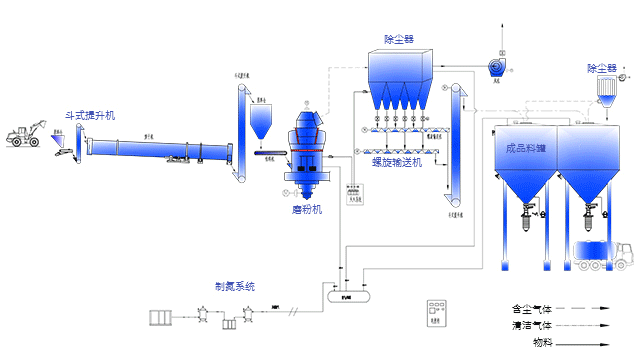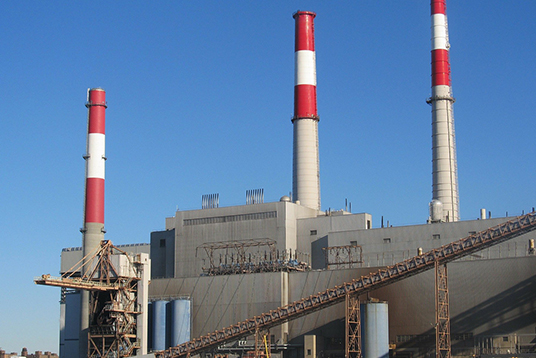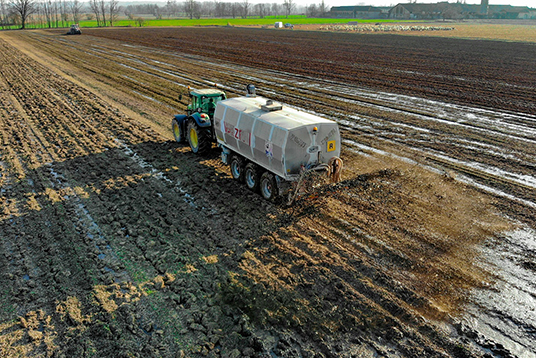In the building materials industry, grinding mills play an extremely important role. The production of many building materials such as cement, lime, gypsum, sand and gravel aggregates cannot be separated from the grinding process.
Cement is a basic material for construction. Its production process requires precise grinding of raw materials such as limestone, clay, and iron ore to ensure the strength and performance of cement. The ground building materials can be better mixed, formed, and solidified, meeting the stringent requirements of various construction projects on material quality and performance, and promoting the vigorous development of the modern construction industry.
The application range of gypsum covers many fields from interior decoration to wall construction. However, natural gypsum or industrial by-product gypsum often needs to be ground to achieve the appropriate particle size and specific surface area, so as to meet the precise formula requirements of different building materials production. Whether it is used to produce gypsum boards, gypsum blocks, or as a cement retarder, finely ground gypsum can better exert its characteristics, improve the quality and performance of building materials products, and provide a solid material guarantee for the sustainable development of the construction industry.

Material of suitable size is fed into the main machine for grinding, and the fine powder after grinding is sent to the analyzer for grading under the action of the air flow of the fan, so that the fine powder with qualified fineness can enter the collecting stage.
The dust gas enters the cyclone collector through the outlet pipe. Under the action of centrifugal force, most of the finished fine powder is separated. Redundant gas is discharged and sent to pulse dust collector. Then it becomes clean gas. Fine powder collected by cloth bags is transported to the conveying stage through screw conveyor.
The finished powder collected by dust collector and cyclone collector is sent by screw conveyor to the next process or into finished product tank.
Finer powder particles have a larger specific surface area, which enables the mineral powder to react with water more fully during the cement hydration process, thereby improving the strength, durability and other properties of the cement, improving the microstructure of the cement slurry, and improving the overall performance of cement-based materials.

Lime powder with appropriate fineness can better mix and react with other materials in applications such as building mortar and plastering to ensure project quality.

Fine gypsum powder can make gypsum board have better flatness and strength.


Fill your requirements in the following form, we will contact you as soon as possible.